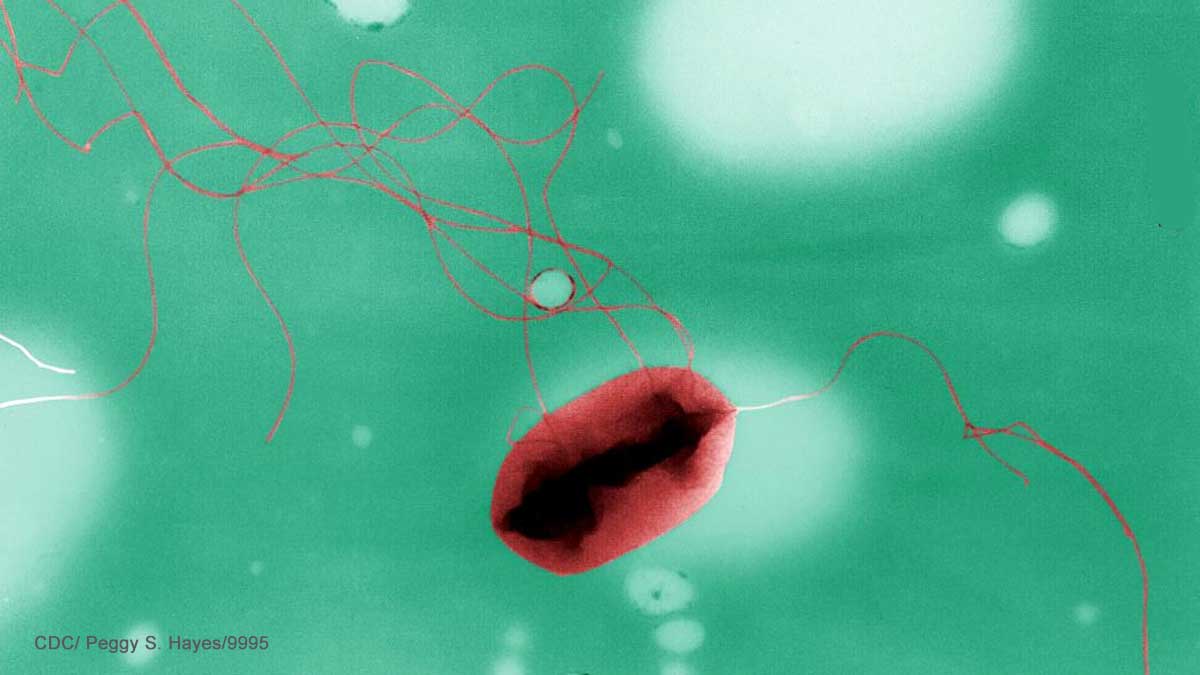An E. coli outbreak associated with Philadelphia restaurants has expanded to include two more cases, bringing the total number sickened to 16. The outbreak, which was announced last week, includes cases associated with multiple restaurants reported since August 30, 2019.
City health officials have been interviewing case patients, who range in age from 7 to 90 years old, to try and determine which food is the source of the outbreak. They are not yet ready to identify which restaurants may be involved, according to a report in the Philadephia Inquirer. But that doesn’t necessarily leave patients wondering about their legal options in limbo. The public disclosure of brand names or restaurant names is not required to file a lawsuit.
Recent E. coli outbreaks have been linked to ground beef and romaine lettuce. Food becomes contaminated with E. coli when it comes into contact with fecal matter. This can happen to produce if soil or irrigation water is contaminated, to meat during the process of slaughter or at any point in the food production chain when an infected food worker does not wash hands properly after using the bathroom.

The serotype associated with this outbreak is a Shiga toxin-producing E. coli (STEC). Shiga toxins, a kind of poison, create more severe illnesses than infections from other strains. One life-threatening complication associated with STEC is a form of kidney failure called hemolytic uremic syndrome (HUS). Children and teenagers are most at risk of developing HUS.
The E. coli lawyers at Pritzker Hageman represent people nationwide who have been sickened by contaminated food. Drawing on decades of experience, they have outlined 10 steps to filing a lawsuit against a restaurant. If you are part of this outbreak, we want to represent you. For a free consultation, call us at 1-888-377-8900, text us at 612-261-0856 or, fill out the form below.